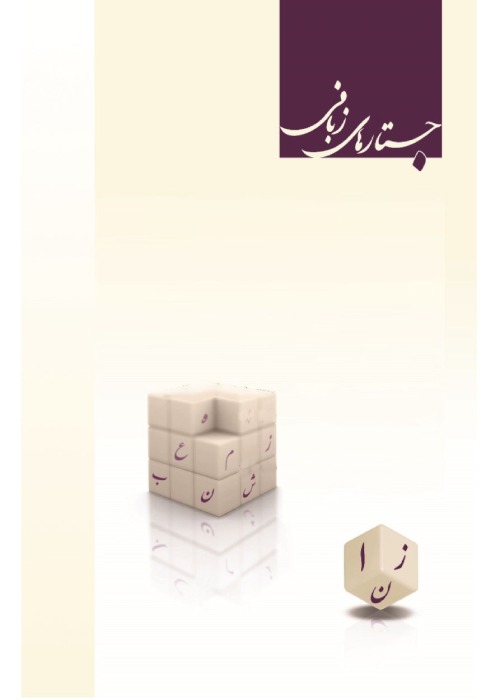Investigating of some effecting factors on Agreement System in Ilami Kurdish
Different languages make use of various linguistic tools to encode grammatical roles (GRs). ‘Case- marking’ and ‘word-order’ are among the main tools to be used to code GRs. Furthermore, ‘agreement’ is another prominent tool to be used more or less in world languages to represent GRs. Based on their typologies and morpho-syntactic properties, world languages may select one or a combination of these tools to encode grammatical roles. In the languages with poor morphology, ‘word-order’ plays a more basic role and in those languages with enriched case system, ‘case-marking’ and ‘agreement’ are more frequently employed to encode grammatical roles. On the other hand, there are various factors which may have repercussions for grammar of languages including its agreement system. The factors which are assumed to affect object agreement in this study are transitivity, (in) definiteness, being (non)referential, (non)topicality, incorporation and semantic roles of object. These factors are adopted mainly from Givon (2004) and other related studies after careful examination of related literature in the world languages. Accordingly, the present study aims at investigating object agreement of Ilami Kurdish and the above-mentioned factors which may affect agreement between pronominal enclitics and objects. To achieve these goals, a descriptive- analytic approach was adopted to deal with the collected data. The data were taken from the native speakers via interviewing and using targeted questions. To collect authentic data, 10 native speakers of Ilami Kurdish with age range of 40-60 were frequently referred to in order to check the results. Furthermore, the researchers’ linguistic intuition as native speakers of Kurdish assists them as reliable source of data. The results indicated that object pronominal enclitic can appear both at the presence and absence of direct object. In the presence of direct object, object pronominal enclitic is optional, while in the absence of direct object, object pronominal enclitics are obligatory. Accordingly, the use of object enclitics in Ilami Kurdish is an optional tool to refer (represent) to direct object. Therefore, it is concluded that object agreement to encode direct object is only used partially in Ilami Kurdish. The results, also, indicated that object enclitics are employed in Ilami Kurdish as a means to refer to object in terms of number and person. Furthermore, the results revealed that the agreement between object pronominal enclitics and direct object is affected by the above factors including chr('39')(in)definitenesschr('39'), being (non)referentialchr('39'), chr('39')(non)topicalitychr('39'), chr('39')incorporationchr('39'). Therefore, it can be concluded that felicitous object-marking in Ilami Kurdish is conditioned to these factors. For an object pronominal enclitic to be used appropriately, the referred direct object must be definite, referential, topical and non-incorporated. It is recommended to carry out separate studies on (non)Iranian languages, especially the languages with split ergative morphology, to investigate the influence of the above-mentioned factors on their agreement systems.
- حق عضویت دریافتی صرف حمایت از نشریات عضو و نگهداری، تکمیل و توسعه مگیران میشود.
- پرداخت حق اشتراک و دانلود مقالات اجازه بازنشر آن در سایر رسانههای چاپی و دیجیتال را به کاربر نمیدهد.


